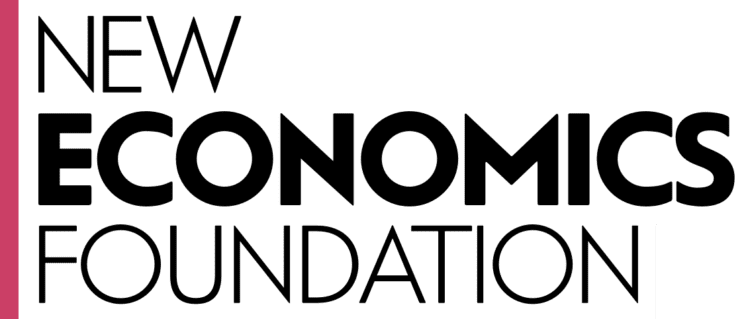The leisure, culture and tourism sector’s competitiveness is intrinsically linked to sustainability. The quality of their offer is strongly influenced by community buy-in and financial and non-financial benefits, as well as the natural and cultural environment. Impacts are felt most significantly at the community level, including socio-economic factors such as wellbeing, community identity and structure, employment and sense of place.
NEF Consulting, with the New Economic Foundation, has led quality research and implementation of interventions contributing to increased long term socio-economic benefits and wellbeing of local communities.
How we support the sector
We offer organisations…
- Research, monitoring and impact evaluation – actual and forecast economic, socio-cultural and environmental impact.
- Strategic advice and frameworks for:
- Destination planning and management.
- Local and regional regeneration and development.
- Development of environmental adaptation and mitigation strategies.
- Knowledge transfer, capacity building and continuous improvement.
We apply a range of methodologies and tools, tailored to the needs of each client
- Theory of Change (ToC) – a process and concept map enabling stakeholders to identify the conditions required for their long-term goals to be met.
- Social Return on Investment (SROI) – a way of understanding how effectively money is spent. It considers triple-bottom-line benefits and investments (economic, social, and environmental), is an outcomes based evaluation, measures change that matters to stakeholders, and can be evaluative or forecast. NEF Consulting can build in wellbeing definition and measurement into SROI frameworks.
- Social Cost-Benefit Analysis (SCBA) – an extension of economic cost-benefit analysis, adjusted to take into account a wider spectrum of costs and benefits from a project or intervention. It takes into account harder-to-measure impacts such as subjective wellbeing. Both, SROI and SCBA compare the value of these benefits to the investments made.
- Local Multiplier 3 (LM3) measures the multiplier effect of income into a local economy over three tiers of spending.
- Wellbeing tools and methods, such as social wellbeing indicators and Five headline indicators for national success.
- Strategy and planning frameworks, drawing on existing frameworks such as GRI, ISO20121 (Sustainable Events), European Tourism Indicator System (ETIS), GSTC for destinations, Economy for the Common Good (ECG) and more.
- Training programmes – including Value for money, Measuring and Improving Wellbeing, LM3, SROI, Measuring Social Impact, Commissioning for Outcomes and Co-production.
Examples of our work
Assessment of the triple bottom line impact of a complex organisation, bringing together a range of indicators in one place.
- We supported The Conservation Volunteers charity in developing a total Social Return on Investment (SROI) model which shows the broader economic, social and environmental value of their work. This included forecast modelling of the added value of good management and recommendations on how to grow their value.
Assessment of the social impact of a large institution in the leisure and tourism sector.
- We conducted a Total Contribution assessment of a large estate’s value across the triple bottom line (economic, environmental and social impact). This included an assessment of inward investment from visitors into the local economy, GVA and employment. We used our analysis to make a series of strategic recommendations and help develop tools that put triple bottom line considerations at the heart of their decision making.
Design of bespoke questionnaires for tourist and recreation sites, pinpointing socio-economic flows and the net value they generate.
- An assessment of the total amenity value of a key junction in the UK canal network, we used empirical and desk-based willingness-to-pay exercises with local users of the canal network to determine the size of its socio-economic value.
We have established methodologies for assessing holistic impact of key indicator sets, including the impact of the tourism and cultural and natural heritage sector.
- Like major investors and tourism authorities, the Crown Estate manages large assets that include some of the UK’s key heritage and natural attractions. NEF Consulting was commissioned to propose a novel strategic approach and model potential impacts of this approach. The work involved a Total Contribution analysis of the social, environmental and economic impacts of activities across a diverse property portfolio, including natural and cultural heritage. More information can be found, along with the full report can be found here .
Projected impact assessments to support organisations in funding and in funding applications.
- We advised a government agency in Australia on the sustainability projections of the submissions of the two final bidders for the redevelopment of the a site within a major city. We reviewed submissions and provided sustainability advice as well as delivering SROI training to the sustainability professionals who were to undertake the work.
You can find more case studies and examples of our work here.
